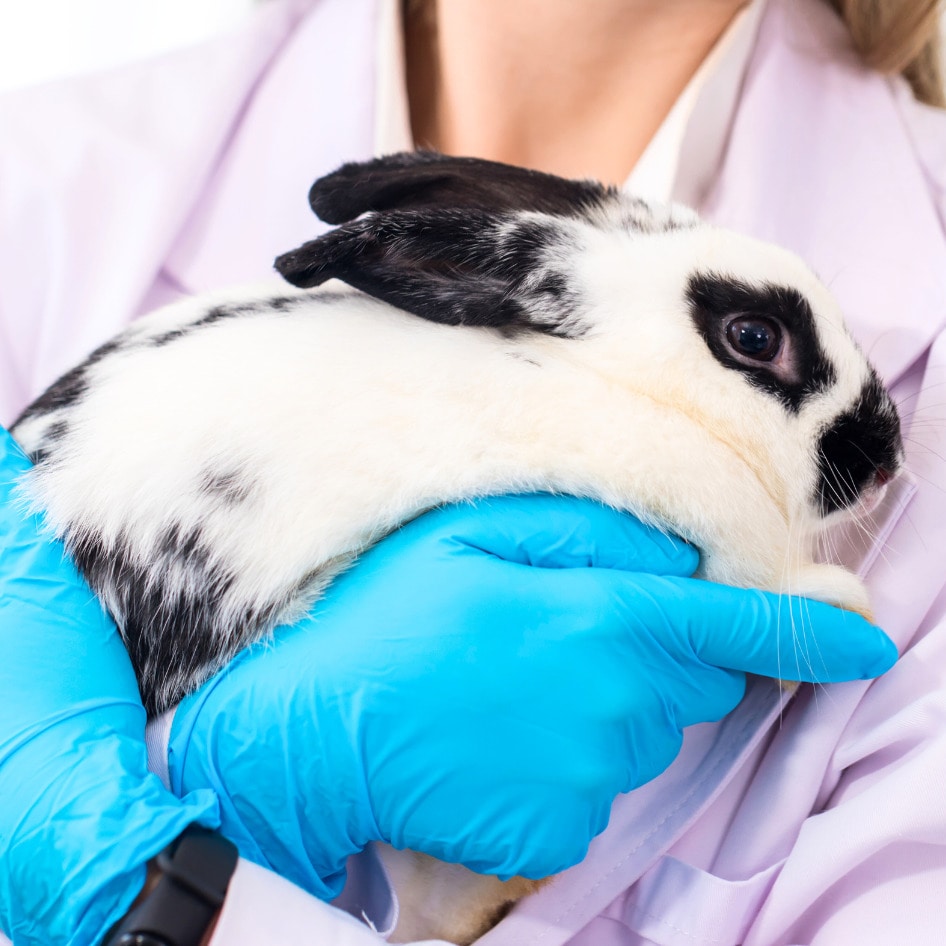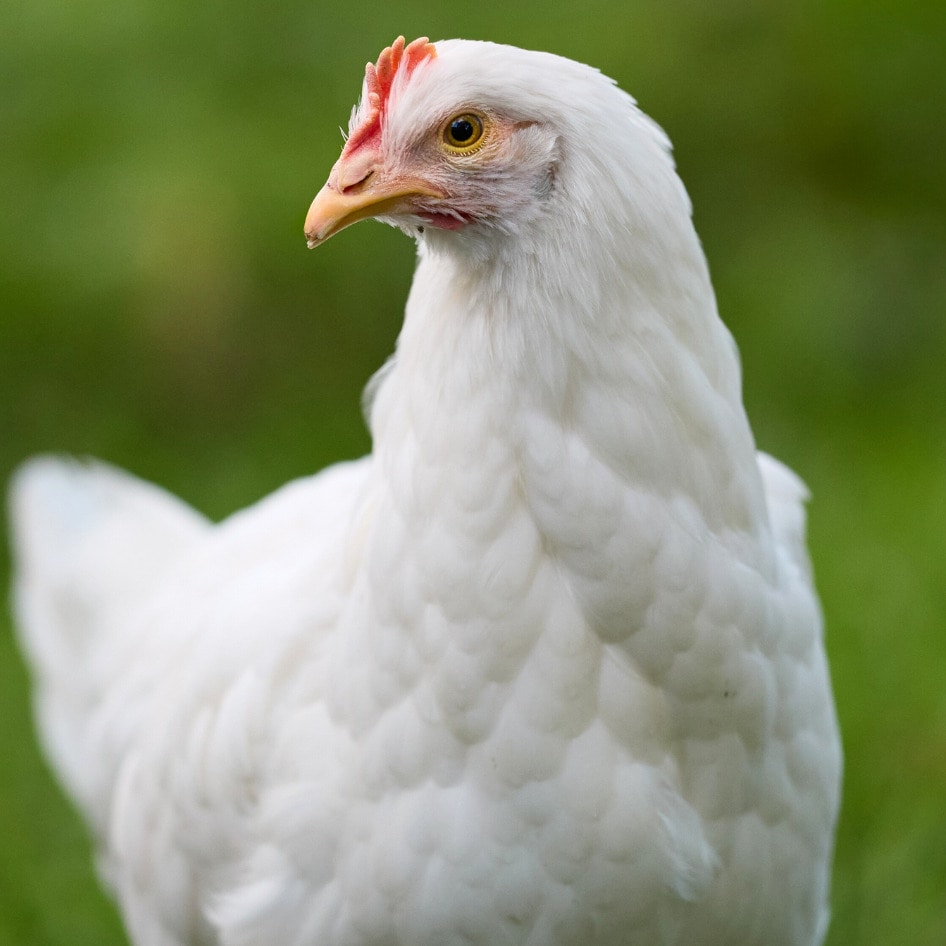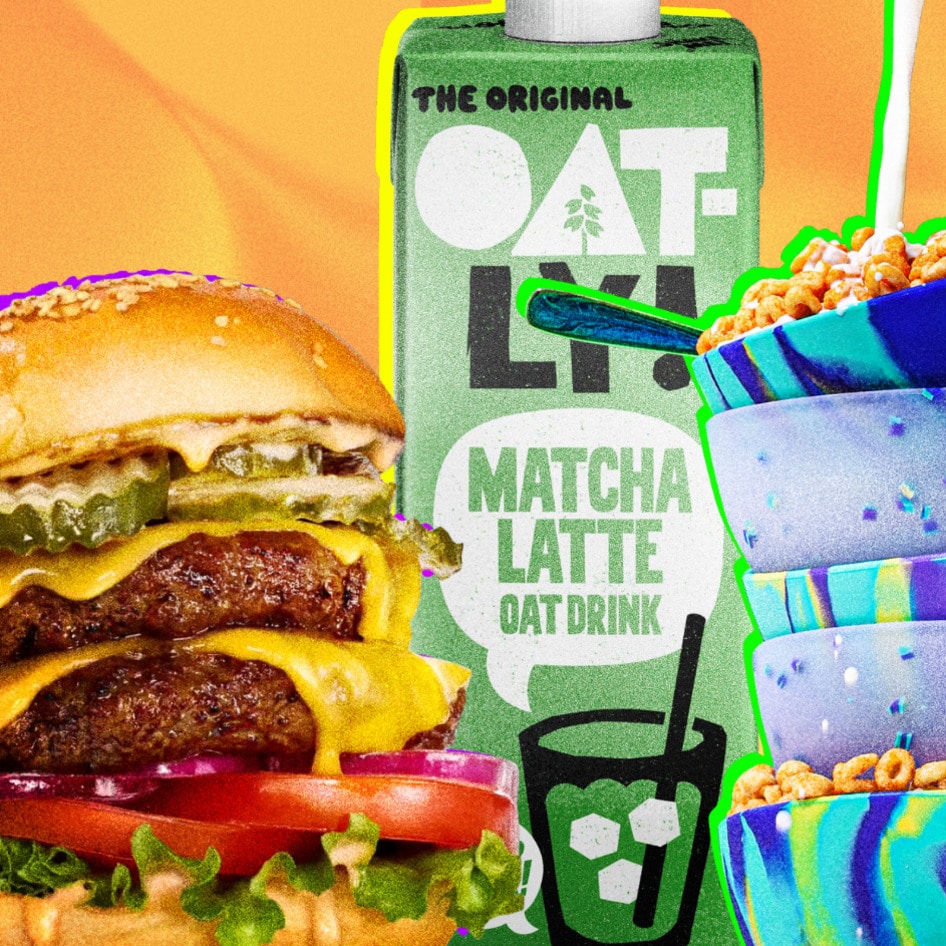Swiss meat processor Bell Food Group co-led a recent investment of $8.8 million in European food-technology company Mosa Meat, which is developing “clean meat” produced by using a small amount of animal cells that are cultured in a lab setting. In 2013, Maastricht University vascular physiology professor Mark Post, MD, was the first in the world to showcase a clean-meat burger—which cost $325,000 to produce—in London and shortly thereafter founded Mosa Meat to scale the production of his slaughter-free meat to displace traditional animal agriculture. “We believe this technology can become a true alternative for environment-conscious consumers,” BFG CEO Lorenz Wyss told The Wall Street Journal, “and we are delighted to bring our know-how and expertise of the meat business into this strategic partnership with Mosa Meat.” In recent months, a number of meat companies have invested in clean-meat startups including Tyson Foods (which holds a stake in Israel-based Future Meat Technologies and California-based Memphis Meats) and Europe’s largest poultry processor PHW Group, a leading investor Israel-based SuperMeat’s $3 million seed-funding round in January. In addition to private-company interest, clean meat is gaining support from government organizations. Last year, China signed a $300 million trade deal with Israel to import its clean-meat technologies, while Japanese government agency Expansion Japan participated in a $2.7 million funding round last month for new clean-meat startup Integriculture—which hopes to reach price parity with traditional meat production by the mid-2020s. Mosa Meat plans to use the new funding to bring its flagship clean-meat product to the market by 2021, which is when Memphis Meat and SuperMeat plan to debut their proprietary products. Josh Tetrick, CEO of food-technology startup JUST (the makers of Just Mayo and Just Egg), confirmed last month that his company will debut its slaughter-free chicken by the end of this year.
JUMP TO ... Latest News | Recipes | Guides | Health | Subscribe







